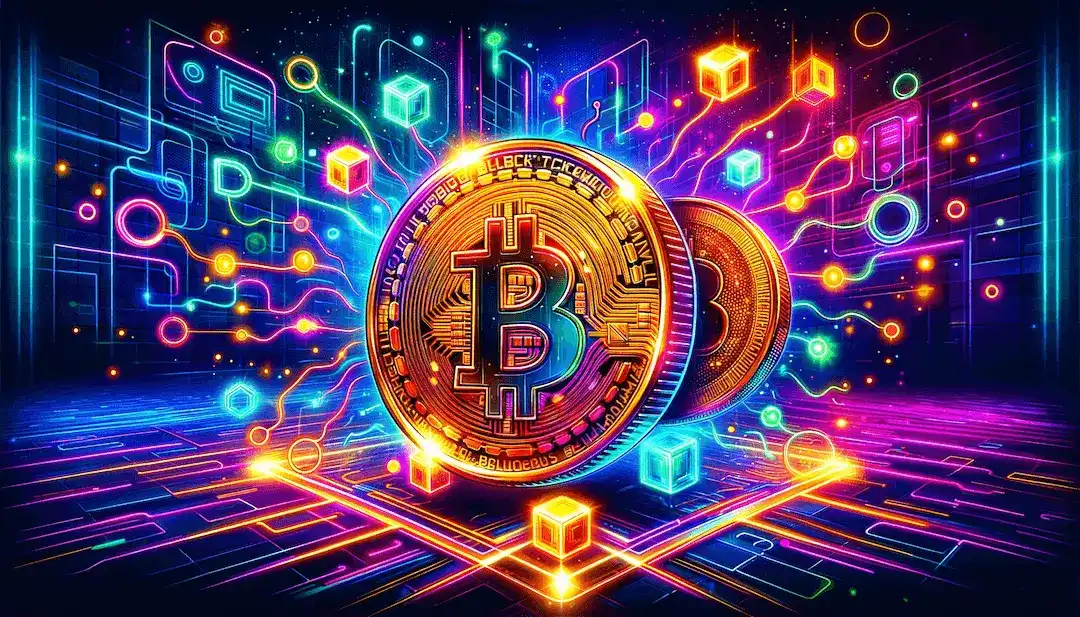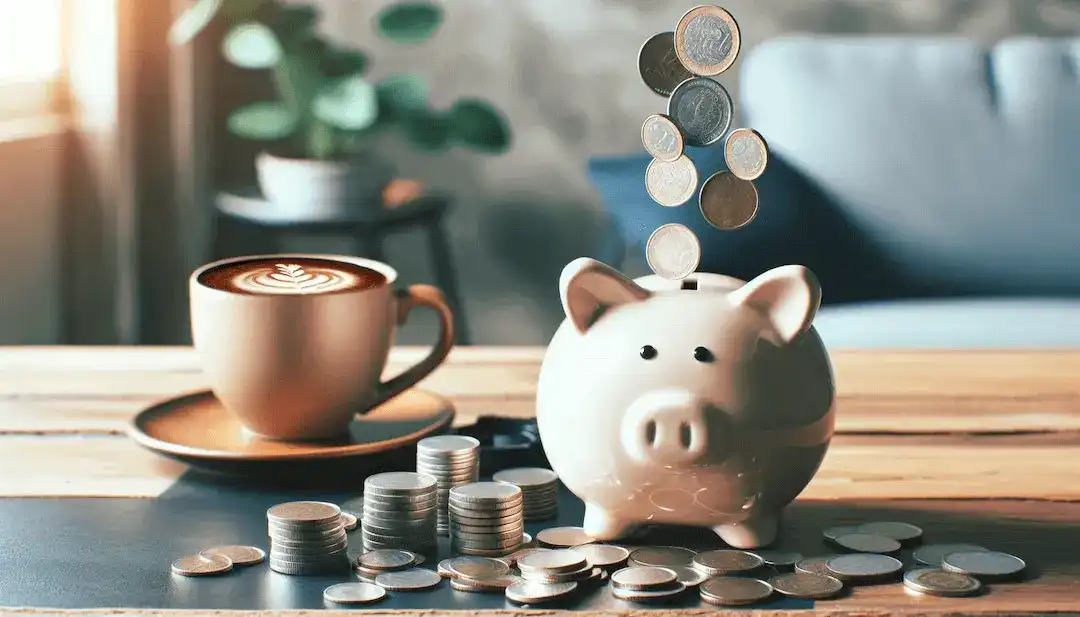
Glittering Gains: Gold Investment
With gold prices reaching a record high of Rs. 47,800 for 8 grams of 22k gold on December 4, 2023.

Hey fellow finance explorers!
In today's digital world, terms like 'Bitcoin' and 'Blockchain' are often buzzed about, but what do they really mean? Let's break them down into simpler terms.
What is Bitcoin?
Imagine you're at your local bazaar. Instead of paying with rupees or a card, you use a 'digital rupee'. That's essentially what Bitcoin is - a digital form of money. Unlike the rupee, which is issued by the Reserve Bank of India, Bitcoin isn't controlled by any government or financial institution. It's like an online version of cash that you can use to buy things, but only where it's accepted. The total number of Bitcoins that can ever exist is limited to 21 million, making it unique compared to traditional currency, which governments can print endlessly.
Understanding Blockchain Technology
To understand Bitcoin, you need to grasp its underlying technology - the blockchain. Imagine a blockchain as a digital ledger or a record book. Each page of this book is called a 'block', and every block records a number of transactions. Once a block is filled with transactions, it's sealed and linked to the previous block, forming a chain of blocks - hence the name 'blockchain'.
Example 1: The Public Ledger
Imagine a village notice board where every transaction in the village is posted for all to see. When you make a Bitcoin transaction, it's like putting a notice on this board. This public display ensures that every Bitcoin is tracked, preventing fraud and duplication.
Example 2: A Chain of Blocks
Think of a garland where each flower represents a transaction or an exchange. Once a flower is added, it becomes part of the garland, and changing it is nearly impossible without affecting the whole garland. Similarly, once a block is added to the blockchain, changing it is extremely difficult.
How Does Blockchain Support Bitcoin?
Blockchain is vital for Bitcoin. It's the technology that keeps it safe and allows it to work independently of a central authority.
Bitcoin and blockchain represent a new wave in the digital era, reshaping how we view money and online trust. While still emerging, they offer a peek into a future where digital currencies and decentralized systems could play a significant role.
Remember, like any investment or new technology, it's important to do your research and understand the risks involved. Bitcoin is more than just a trendy term; it's a glimpse into the future of digital currency.

With gold prices reaching a record high of Rs. 47,800 for 8 grams of 22k gold on December 4, 2023.

Have you ever skipped a coffee and thought, “It’s just one coffee, what difference will it make?”

Let's talk about why investing in apartments in India might not be the best idea, especially if you're looking at it purely as an investment.